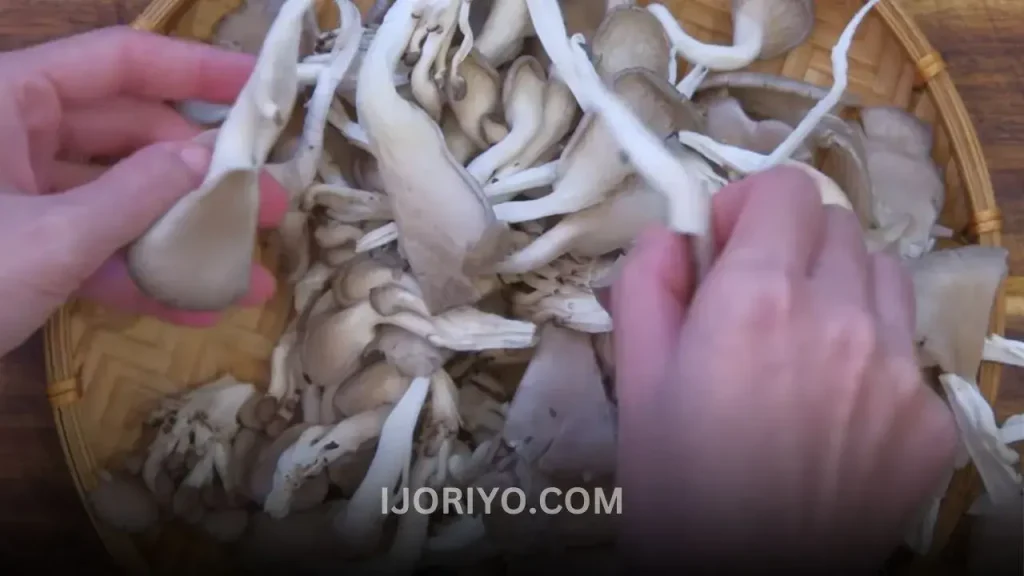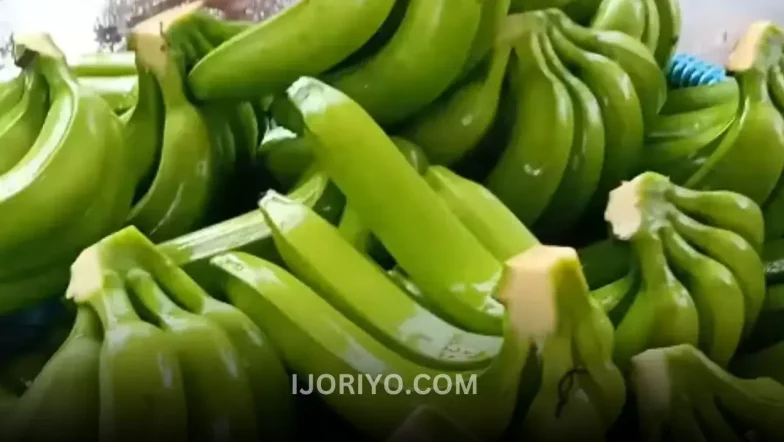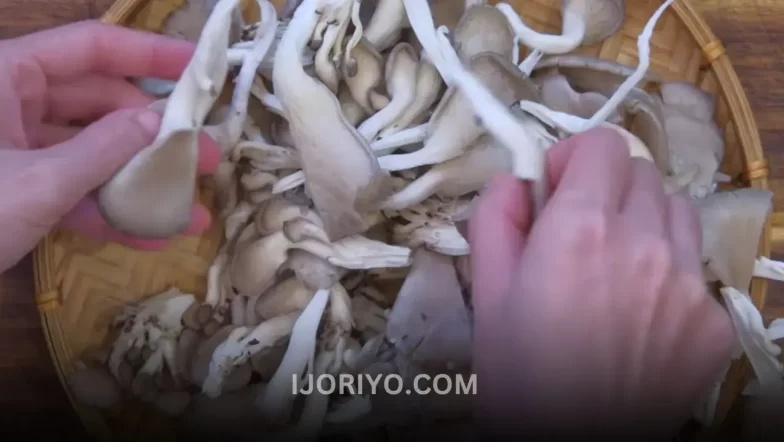
Many parents often wonder, “Can Babies Eat Mushrooms in Australia?” The short answer is yes—mushrooms can be introduced once babies are ready for solid foods, generally around 10–12 months of age. However, they should always be prepared properly and served in small, age-appropriate portions.
In Australia, mushrooms are considered a nutritious food option, as they are naturally rich in potassium, which helps regulate heart rhythm, supports muscle growth, and maintains healthy brain function. Introducing mushrooms as part of a baby’s diet can also contribute to long-term health benefits, such as reducing the risk of kidney stones and osteoporosis later in life.
Safety of Mushroom Consumption for Babies
Babies can also enjoy the delicious taste of mushrooms. You can prepare this nutrient-rich food as part of your baby’s complementary feeding menu. However, you must wait until your little one can digest foods other than breast milk first, such as after they are 10–12 months old.
Mushrooms are rich in potassium. This nutrient supports muscle development, nourishes brain cells, and maintains your little one’s heart rhythm. Potassium also plays a role in regulating fluid balance in the body, helping to keep blood pressure stable.
Providing complementary foods with a high potassium content can also reduce the risk of your little one developing health issues later in life, such as kidney stones and osteoporosis.
Some types of mushrooms are also a good source of vitamin D. This vitamin is essential for building strong bones and teeth. A deficiency in vitamin D can increase the risk of rickets, which can cause bone growth abnormalities.
Other Article: Bananas for Weight Loss: Nutrition Content and Benefits
In addition to these nutrients, mushrooms also contain other nutrients that support a baby’s growth and development, such as iron, selenium, and fiber.
Tips for Preparing Mushrooms as Complementary Foods
When discussing Can Babies Eat Mushrooms in Australia safely, it is important to focus on proper preparation. Parents should always choose fresh, clean mushrooms and cook them thoroughly before serving. Avoid giving raw or undercooked mushrooms to babies, as these may be difficult to digest.
Australian supermarkets commonly stock button, shiitake, and oyster mushrooms—all of which can be safely incorporated into baby meals when cooked well. For instance, mushrooms can be blended into purees or mixed with vegetables such as spinach, pumpkin, or potatoes.
When preparing mushrooms for babies, parents should take the following precautions:
Select mushrooms that are fresh, firm, and intact. Avoid those that appear damp, slimy, or discolored.
- Wash your hands thoroughly before handling mushrooms.
- Rinse mushrooms under running water to remove dirt and impurities.
- Cook mushrooms thoroughly—steaming, stir-frying, or blending are recommended methods. A small amount of olive oil, garlic, or a pinch of salt may be added for flavor enhancement.
- Ensure that mushrooms are fully cooked before serving to your baby.
- Combine mushrooms with other nutritious foods such as spinach, green beans, or potatoes to create a balanced meal.
- Store uncooked mushrooms in an airtight container in the refrigerator, and use them within five days.
Other article: Getting to Know Wood Pellets for Pets
Mushrooms can be a valuable addition to a baby’s diet, providing a range of nutrients that support overall health. Nevertheless, they should be offered alongside other wholesome foods and continued breastfeeding to ensure optimal nutrition.
Conclusion
Although the answer to Can Babies Eat Mushrooms in Australia is generally yes, parents should remain cautious about potential allergic reactions. Symptoms such as rashes, itching, diarrhea, or breathing difficulties should be taken seriously, and medical advice should be sought immediately if these occur.





